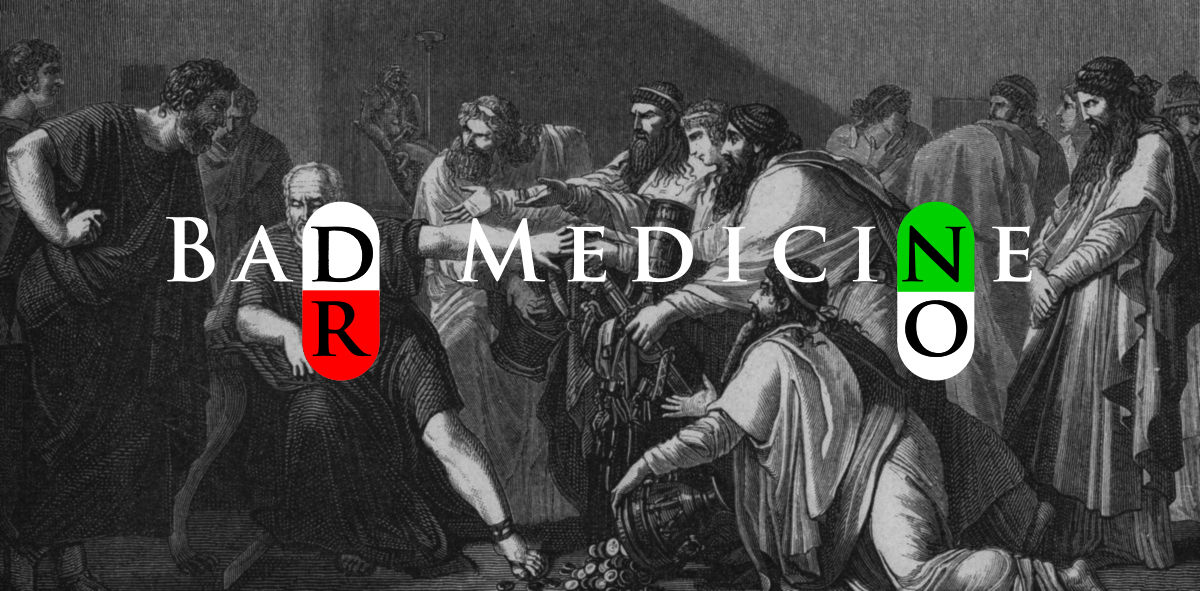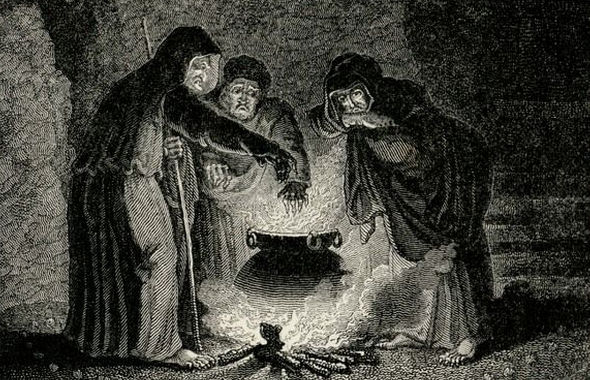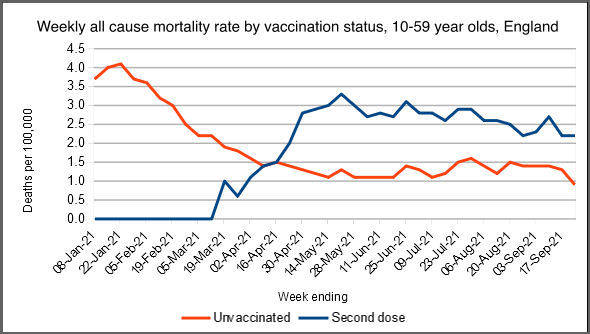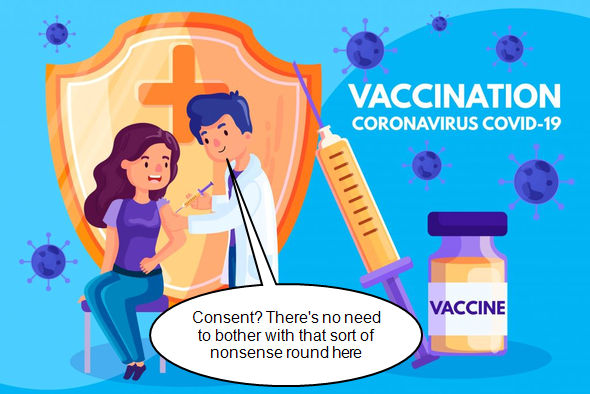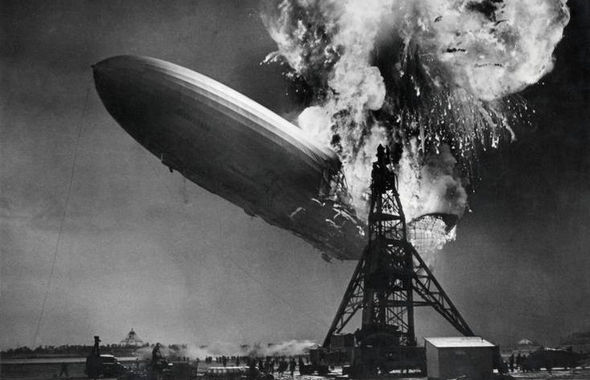
Munchausen’s syndrome is the popular name for the ICD (International Classification of Diseases) 10 diagnosis F68.1: Intentional production or feigning of symptoms or disabilities, either physical or psychological [factitious disorder]…with the aim of adopting the sick role. In rather less leaden language, a patient with Munchausen’s syndrome pretends to be ill to gain medical attention, which distinguishes the condition from malingering, in which an individual pretends to be ill to gain practical benefit, for example being excused from work. It takes it’s name from the protagonist in the 1785 novel Baron Munchausen’s Narrative of his Marvellous Travels and Campaigns in Russia, in which the fictional Baron narrates a series of impossibly tall stories, based on exaggerated exploits of one Hieronymus Karl Friedrich Freiherr von Münchhausen, a real life German baron known more recently for a habit of adding extra lard to his porkies, though in life he appears to have had ridicule of the credulous more in mind.
